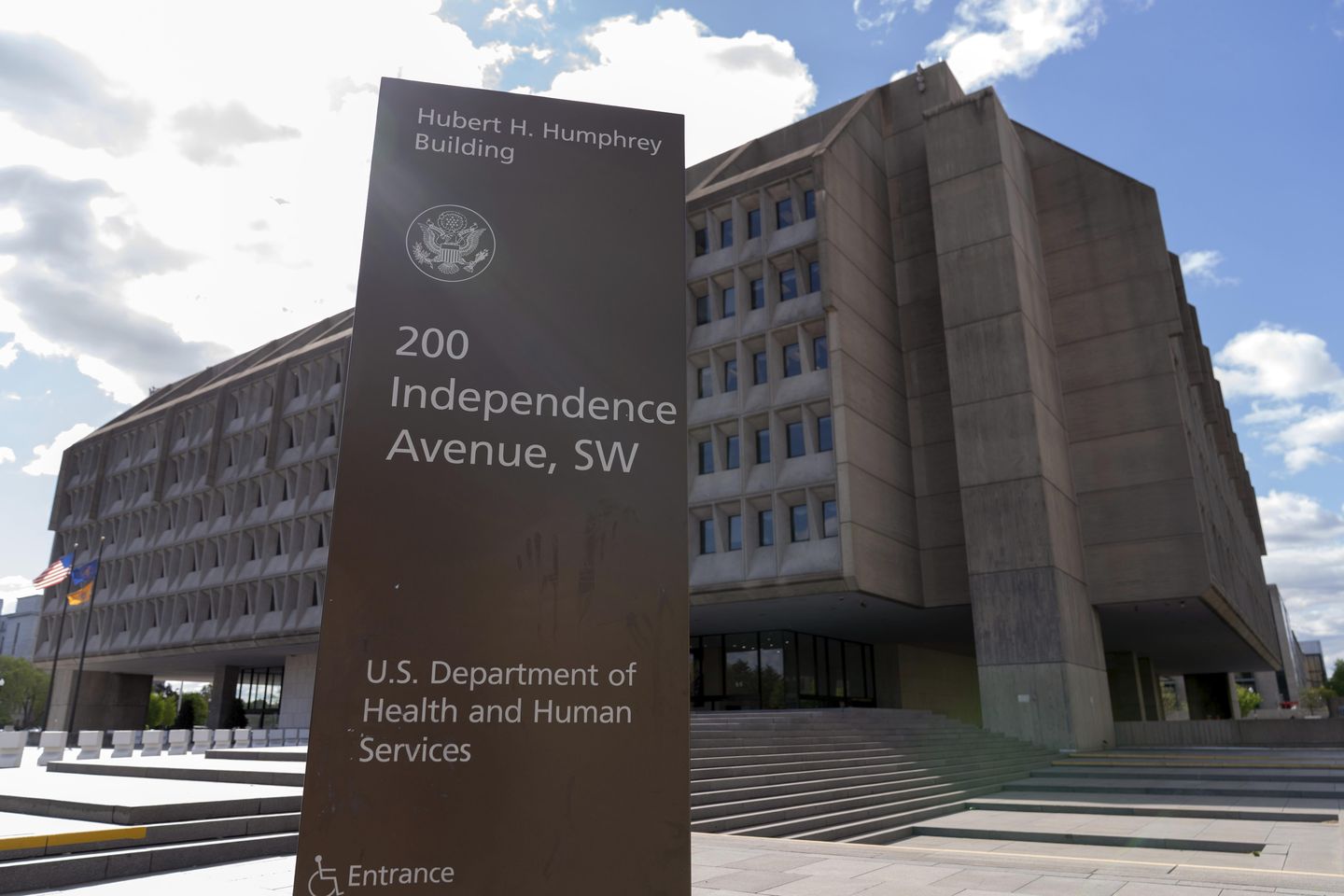
Three Department of Health and Human Services grant programs are violating Trump administration bans on racial preferences in federal funding for higher education, according to a complaint filed with the agency’s Office of Civil Rights.
Cornell University law professor William Jacobson, who founded the Equal Protection Project to promote colorblind civil rights policies, asked HHS in the complaint to cancel the Biden-era programs immediately.
“Getting the discrimination created under the Biden administration out of the system is like trying to get soap out of a sponge,” Mr. Jacobson said Monday. “No matter how much you squeeze, there always seems to be more.”
He sent a six-page complaint letter to Health and Human Services Secretary Robert F. Kennedy Jr. and HHS civil rights czar Paula Stannard on Thursday. It cites three programs that the Biden administration launched in September 2024 to dispense $5.7 million in minority fellowships for Black, Hispanic and Indigenous students training to become counselors and social workers.
As of this month, $2.77 million had been awarded, mostly under President Trump’s term. The grants pay for racial minorities to complete mental health, addiction counseling and social work credentials.
“These practices violate the federal civil rights laws and constitutional guarantees of equal protection, including Title VI and the Fifth Amendment,” Mr. Jacobson wrote in the letter, which was shared with The Washington Times. “Such practices also violate Executive Order 141731, which, among other directives, requires executive departments to eliminate racial and other unlawful preferences.”
Title VI of the Civil Rights Act of 1964 forbids those who receive federal funding from discriminating based on race, skin color or national origin.
The Fifth Amendment to the Constitution contains a due process clause that federal courts have long interpreted to require equal protection under the law for people in similar circumstances. That includes federal grant programs.
Mr. Jacobson added that while the Department of Health and Human Services acknowledged the complaint, the agency “indicated that substantive action may be delayed” by the federal government shutdown.
An HHS spokesperson confirmed Monday that the agency had received the complaint.
According to civil rights experts, the Trump administration has faced an uphill battle tracking down all of the grants that violate its policies.
Gail Heriot, a University of San Diego law professor and independent member of the U.S. Commission on Civil Rights, said decades of federal programs distribute money based on race or ethnicity.
“Things got worse during the Biden administration,” said Ms. Heriot, who was not involved in the complaint. “That doesn’t mean that every single program that somehow mentions race or ethnicity is illegal. But most of them are, and these appear to fall into that category.”
She noted that one of the three programs attempted to evade a U.S. Supreme Court ban on racial preferences in medical school admissions by saying that it “targets” but is not limited to racial and ethnic minorities.
Ms. Heriot added: “If it said that the program ’targets’ Whites but isn’t limited to Whites, would anybody think that should be legal?”
The Trump administration has cancelled dozens of Biden administration programs that funded diversity, equity and inclusion initiatives as a way of giving disadvantaged minorities a leg up in education and the workplace.
The administration insists that spending tax dollars on race-based programs violates prohibitions in federal civil rights law against favoring some groups based on their skin color.
Racial justice advocates have pushed back on this interpretation of U.S. civil rights laws, however.
Omekongo Dibinga, a professor of intercultural communications affiliated with American University’s Antiracist Research and Policy Center, said the three Biden-era HHS grants opened access to minorities who have traditionally been excluded from mental health training.
“People want to say, ’Black people can vote, you can live anywhere,’” Mr. Dibinga said Monday. “But how do you make up for centuries of discrimination and poor health outcomes for minorities?”











